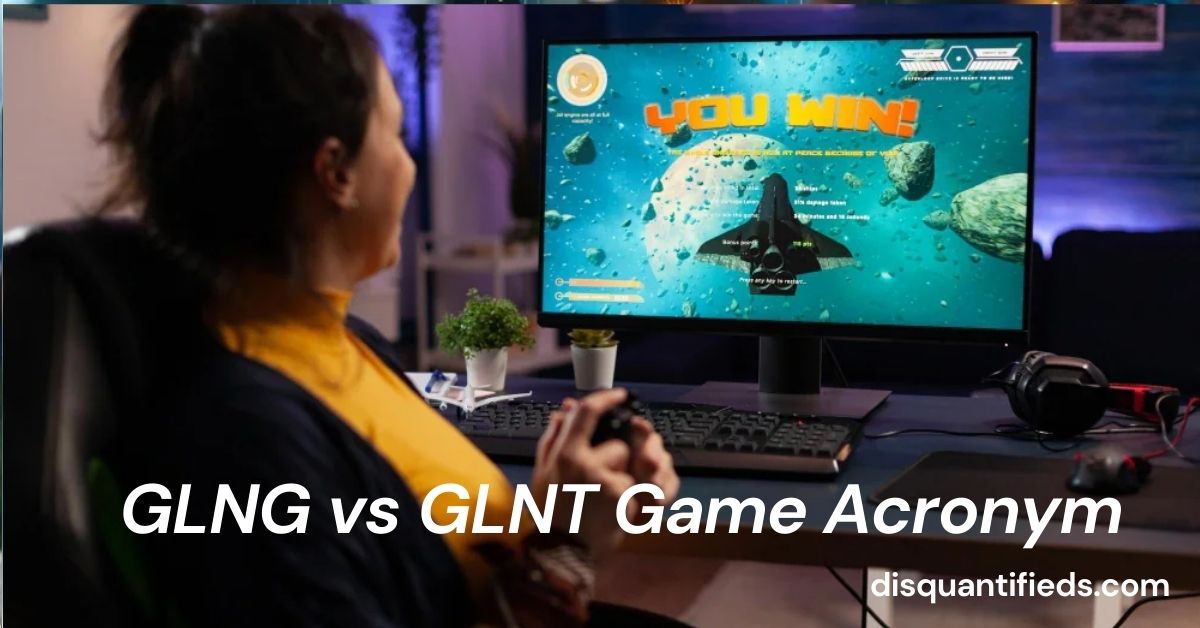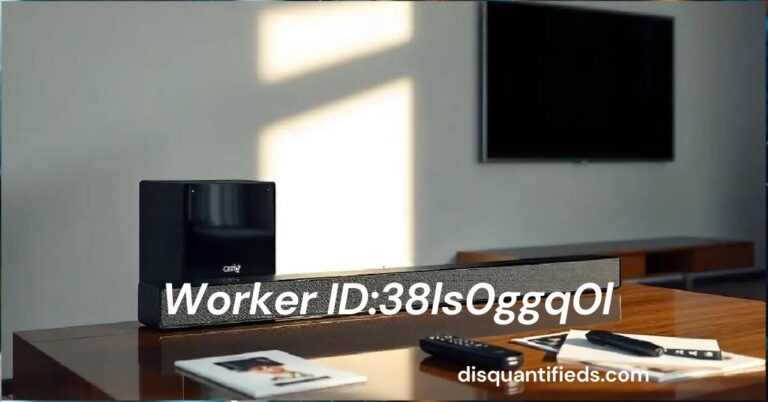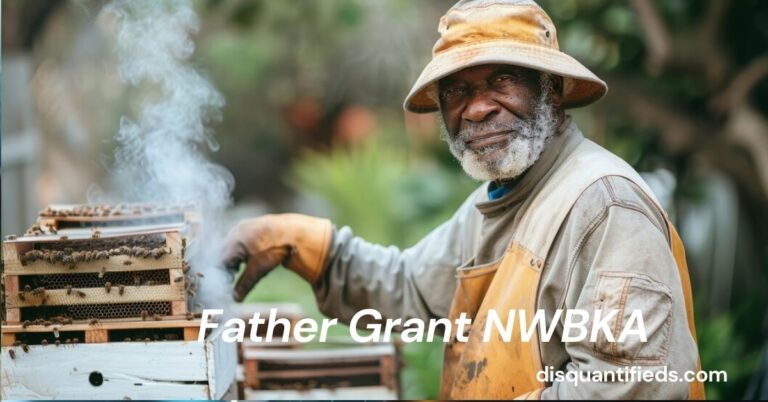GLNG vs GLNT Game Acronym: Understanding the Difference and Their Importance in Gaming Culture
In the fast-paced world of online gaming, communication has to be quick, clear, and meaningful. Phrases like GLNG (Good Luck, No Grief) and GLNT (Good Luck, No Tilt) go beyond being mere shorthand—they reflect core principles of respect, sportsmanship, and emotional resilience. This article explores the “GLNG vs GLNT game acronym” in detail, highlighting their differences, significance, and how they can enhance your gaming experience.
What Does GLNG Mean?
GLNG, or Good Luck, No Grief, is a term frequently used in gaming to encourage a positive and fair environment. Let’s break it down:
- Good Luck
- Definition: A gesture of goodwill extended to teammates and opponents before or during a game.
- Why It Matters: Starting a match with “Good Luck” sets a respectful tone, creating a sense of camaraderie even in competitive settings. It shows that you value the experience over simply winning.
- No Grief
- Definition: A call to avoid toxic behavior like griefing—intentionally disrupting gameplay or harassing others.
- Why It Matters: Griefing ruins games for everyone involved. By promoting “No Grief,” players commit to fairness and respect. It’s about maintaining a healthy environment where everyone can enjoy the game.
Real-World Example: In team-based games like Overwatch or Valorant, griefing could involve sabotaging your own team by feeding the enemy or spamming voice chat with insults. Using GLNG reminds players to focus on teamwork and avoid disruptive actions.

What Does GLNT Mean?
GLNT, or Good Luck, No Tilt, emphasizes the importance of emotional control during gameplay. Here’s a closer look:
- Good Luck
- Similar to GLNG, this phrase starts interactions on a positive note, fostering mutual respect among players.
- No Tilt
- Definition: Avoiding frustration, anger, or emotional outbursts that could affect your performance or attitude during a game.
- Why It Matters: Gaming can be intense, and setbacks are inevitable. “No Tilt” serves as a reminder to stay calm, focused, and constructive. Losing composure can lead to poor decisions, impacting both individual performance and team dynamics.
Real-World Example: In League of Legends, a player who gets “tilted” after a bad early game might make reckless plays or start blaming teammates, further jeopardizing the match. GLNT encourages players to regroup mentally and focus on the bigger picture.
Also Read: Wurth Pro 2.0install: The Ultimate Guide
GLNG vs GLNT: Key Differences
While both acronyms promote positivity, their focus areas differ:
| Aspect | GLNG | GLNT |
| Core Message | Fairness and avoiding toxicity | Emotional resilience and focus |
| Main Audience | All players, including opponents | Primarily teammates and oneself |
| Timing | Before or during a match | During challenging moments in gameplay |
Key Takeaway:
- GLNG is outward-focused, emphasizing fair treatment of others.
- GLNT is inward-focused, encouraging self-control and mental strength.
The Role of GLNG and GLNT in Gaming Culture
1. Encouraging Sportsmanship
Both acronyms help reinforce the idea that games should be played in the spirit of fairness and respect. They remind players that winning isn’t everything—it’s how you play that truly matters.
2. Reducing Toxicity
Toxicity has been a longstanding issue in online gaming. From verbal abuse to intentional griefing, such behaviors make games less enjoyable for everyone. GLNG and GLNT combat this by advocating for respectful conduct and self-awareness.
3. Building Emotional Resilience
Gaming, especially at competitive levels, can be mentally taxing. GLNT’s emphasis on “No Tilt” is a valuable lesson in staying composed under pressure, a skill that extends beyond gaming into real-life situations.
Also Read: WhatsApp LogicalShout: Your Ultimate Guide to Master WhatsApp
4. Fostering Inclusive Communities
By encouraging players to support each other and avoid negativity, these acronyms help build communities where everyone feels welcome, regardless of skill level or experience.
How to Use GLNG and GLNT Effectively
- Before the Game Starts
- Use GLNG to wish everyone good luck and set a positive tone. For example:
- “GLNG, everyone! Let’s have a fun match.”
- Use GLNG to wish everyone good luck and set a positive tone. For example:
- During Challenges
- When facing setbacks, remind yourself or your team with GLNT. For example:
- “It’s okay, no tilt. Let’s focus on the next play.”
- When facing setbacks, remind yourself or your team with GLNT. For example:
- After the Game
- Whether you win or lose, reinforce these values with a simple message:
- “GG, no grief, no tilt. Thanks for the match!”
- Whether you win or lose, reinforce these values with a simple message:
Pro Tip: Leading by example is the most effective way to spread these values. Actions like staying calm, avoiding blame, and supporting teammates speak louder than words.
Broader Implications of GLNG and GLNT
In Esports
Professional players and teams who embody GLNG and GLNT principles often enjoy stronger fan support and longer careers. Their behavior sets the standard for aspiring gamers and helps elevate the overall reputation of esports.
In Casual Gaming
Even in less competitive settings, applying these acronyms can make games more enjoyable. A friendly and supportive attitude encourages more players to join and stay in the community.
On Mental Health
The focus on avoiding griefing and tilting can reduce stress and frustration, improving players’ overall mental well-being. Gaming becomes a source of relaxation and joy rather than anxiety or anger.
Also Read: Jacuzzi J 365 Controller 850 LCD J68 Factory Reset Manual: The Ultimate Guide
GLNG vs GLNT Across Game Genres
| Game Genre | How GLNG Helps | How GLNT Helps |
| FPS (First-Person Shooter) | Encourages fair competition | Helps players stay calm after losses |
| MOBA (Multiplayer Online Battle Arena) | Prevents blame and toxicity | Keeps focus on strategy and teamwork |
| RPG (Role-Playing Game) | Promotes cooperative storytelling | Avoids frustration over slow progression |
| Battle Royale | Encourages respectful play | Prevents emotional burnout |
| Sports Games | Keeps interactions friendly | Maintains composure during intense moments |
Why GLNG vs GLNT Matters for New Players
For newcomers, gaming can be overwhelming, especially when faced with toxic environments. GLNG and GLNT act as guiding principles, showing them that gaming can be a positive and inclusive experience.
Tips for New Players:
- Don’t hesitate to use these acronyms to set expectations for yourself and others.
- If you encounter negativity, respond with kindness and maintain composure.
Frequently Asked Questions About GLNG vs GLNT Game Acronym
Can GLNG and GLNT be used together?
Yes, they complement each other perfectly. GLNG sets a positive tone for the game, while GLNT helps you maintain that positivity when challenges arise.
Are these acronyms only relevant in competitive games?
Not at all. GLNG and GLNT are applicable in any gaming context, from casual matches with friends to high-stakes tournaments.
How can I promote these values in my gaming community?
Lead by example, use these acronyms in your interactions, and encourage others to adopt them.
Do professional gamers use GLNG and GLNT?
While the acronyms themselves may not always be mentioned, many pros embody their principles by demonstrating sportsmanship and emotional resilience.
What should I do if my teammates or opponents don’t follow these values?
Focus on your behavior and avoid engaging with negativity. Sometimes, leading by example can inspire others to follow suit.
Also Read: Kingchih Address: Revolutionizing Address Management
Conclusion
The GLNG vs GLNT game acronym isn’t just about words—it’s about creating a better gaming culture. By promoting fairness, resilience, and mutual respect, these acronyms have the potential to transform how players interact, making gaming a more enjoyable and inclusive experience for everyone.
So, next time you queue up for a match, remember: Good Luck, No Grief and Good Luck, No Tilt. Together, these principles can help you become not just a better player, but a better teammate and member of the gaming community.






